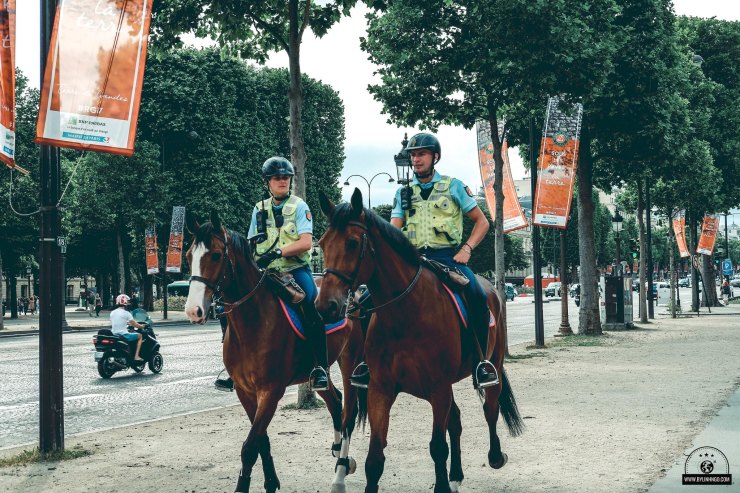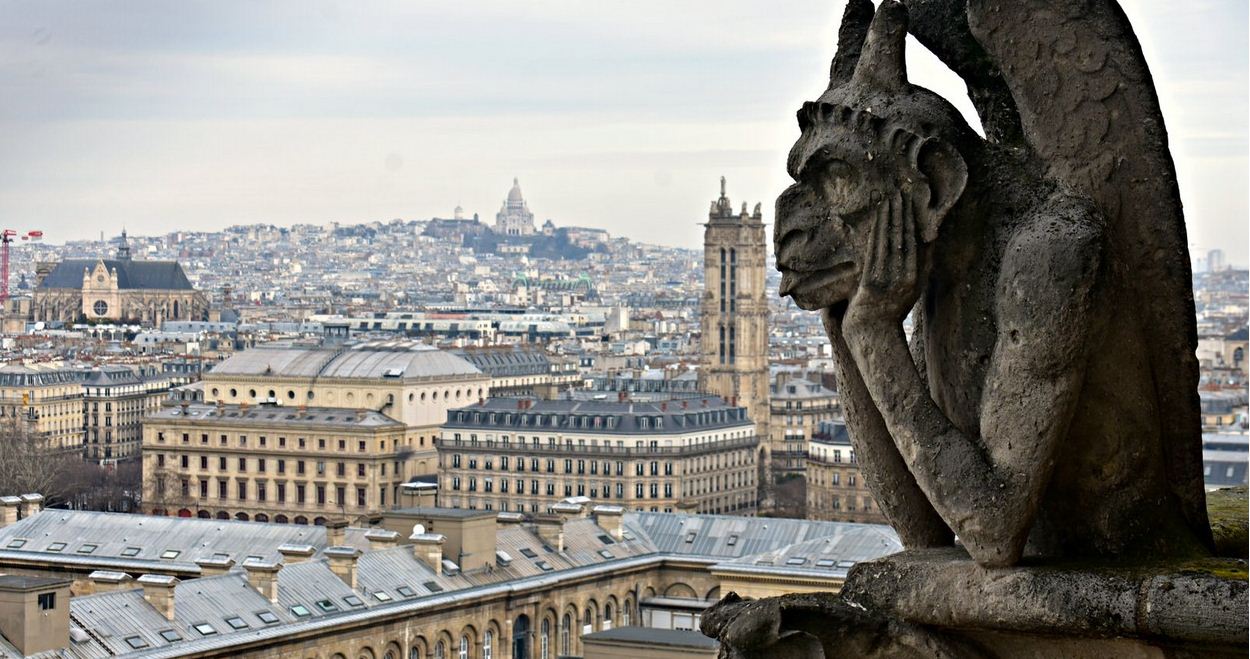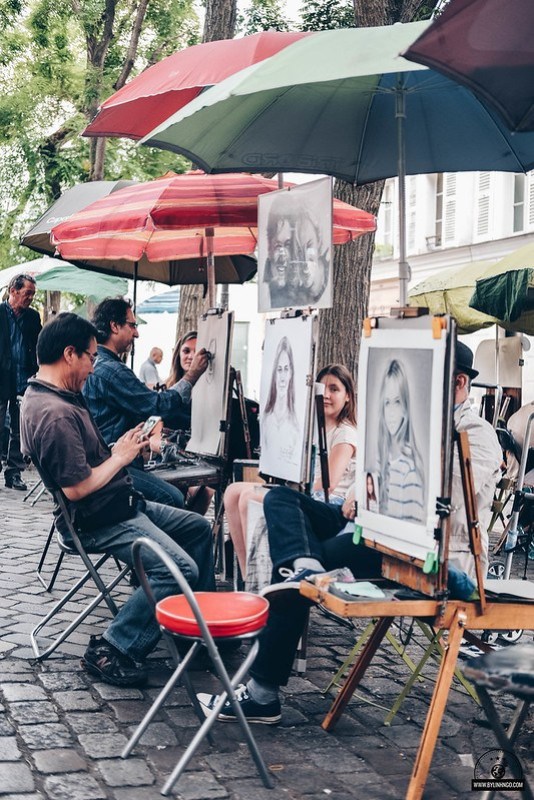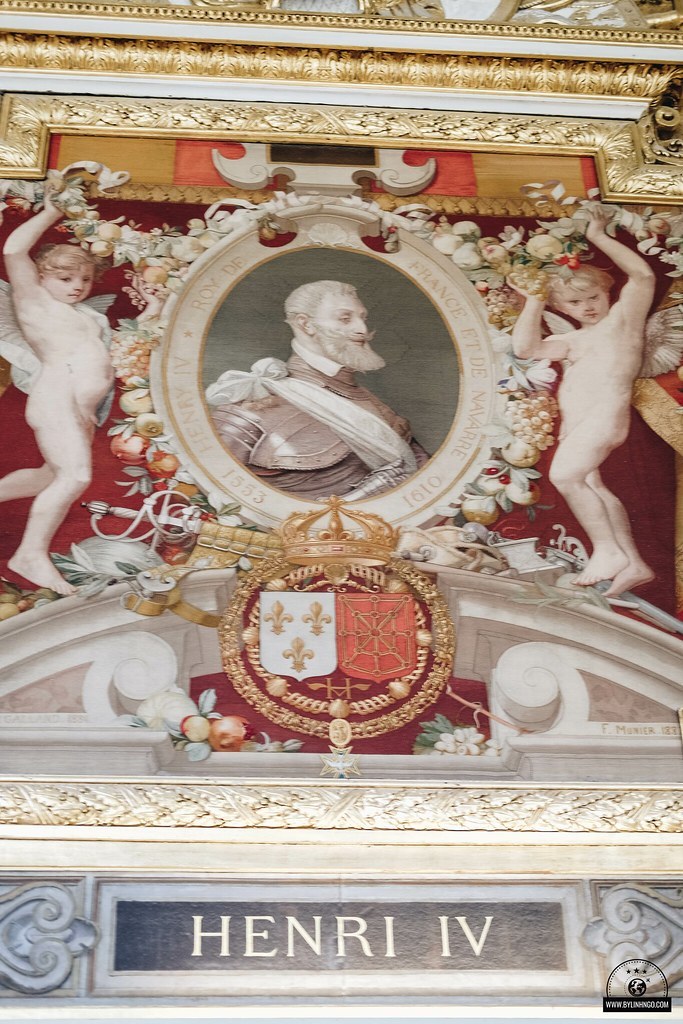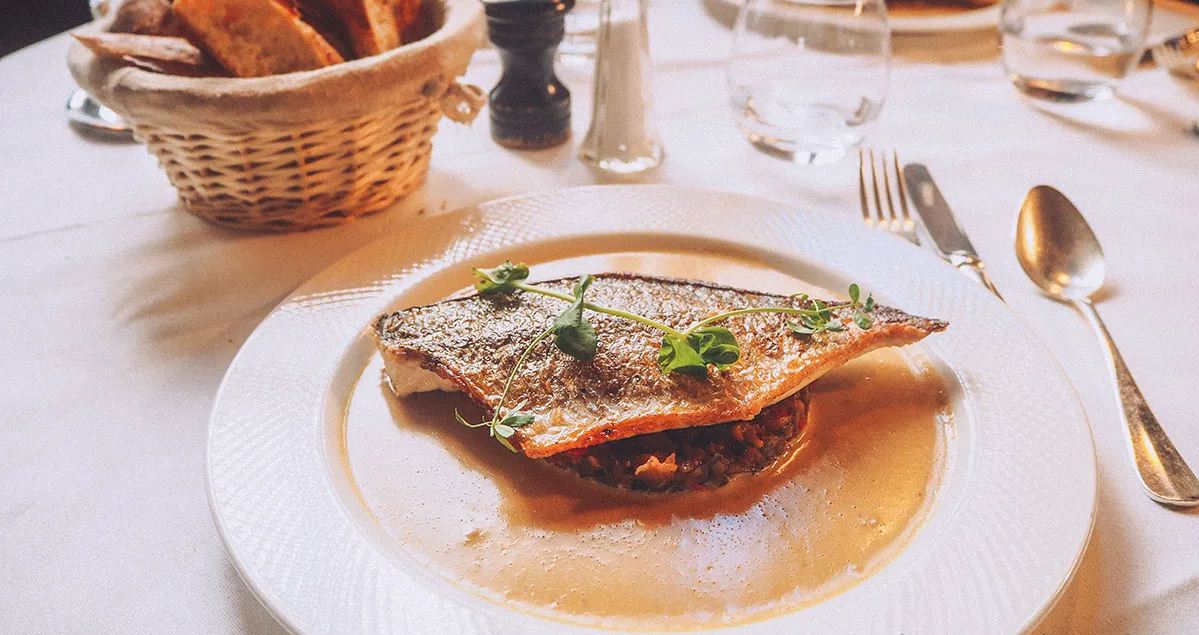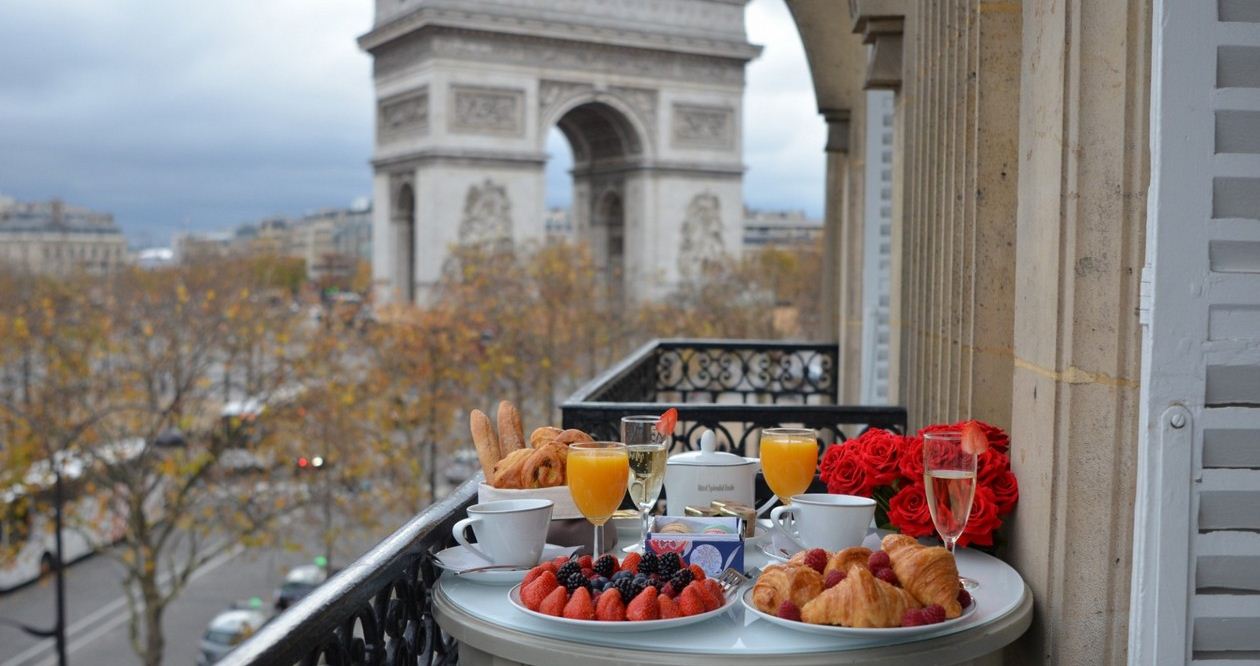What to know before traveling to Paris? — 13 things to know before traveling to Paris
– “Paris.” Even with just one word with two syllables, it conveys a distinct sensation to tourists. Romantic films, love ballads, and glitzy literature have all influenced how we interpret the word “Paris.” In today’s blog article, I’ll discuss aspects of Paris that perhaps few tourists are aware of. So, what should you know before going to Paris? Let’s take a look at our top 13 things to know before flying to Paris and what to know before traveling to Paris to help you plan a better vacation to the world’s “City of Light” – Paris.
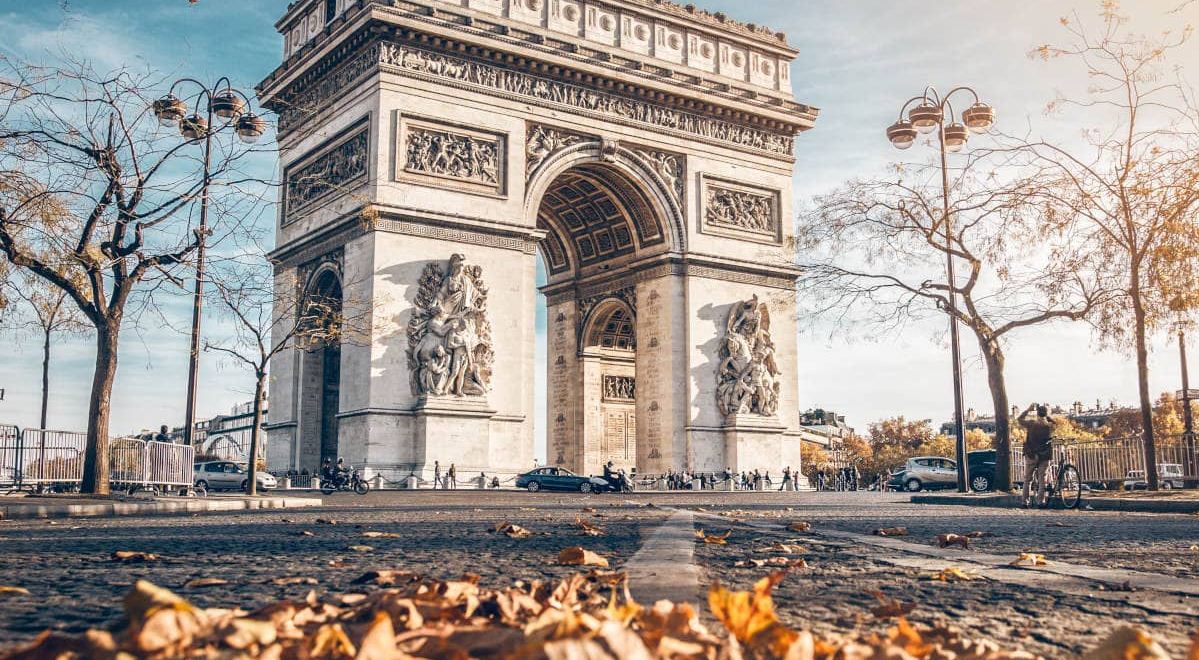
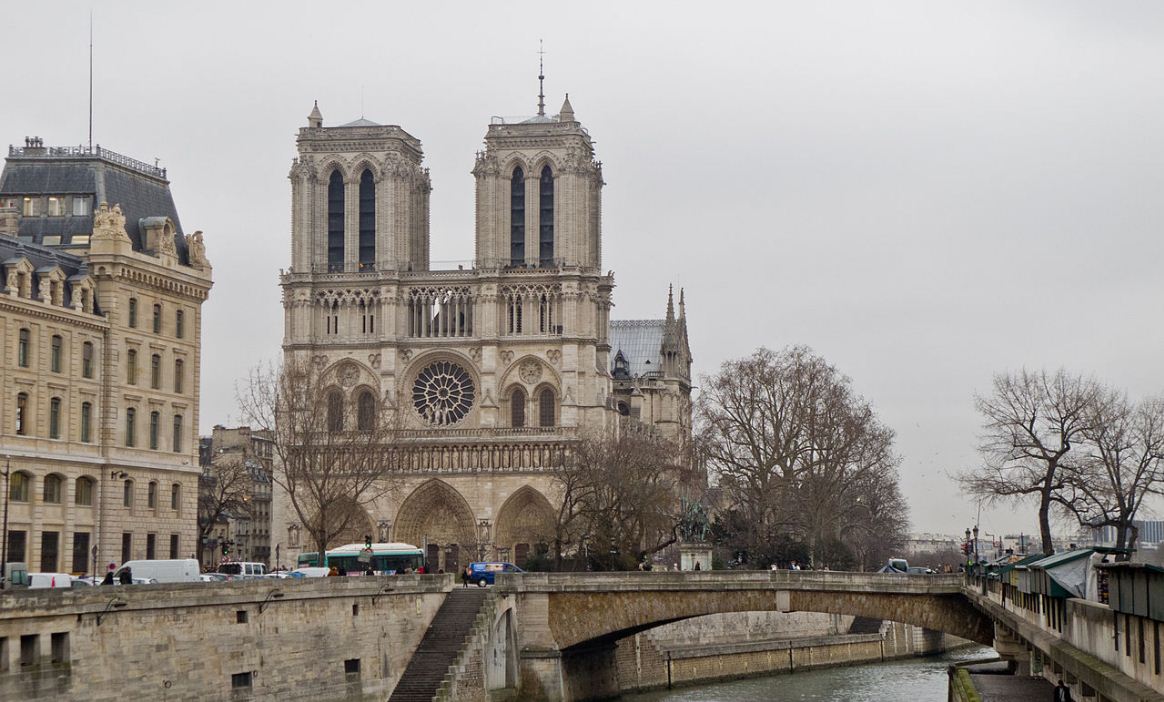
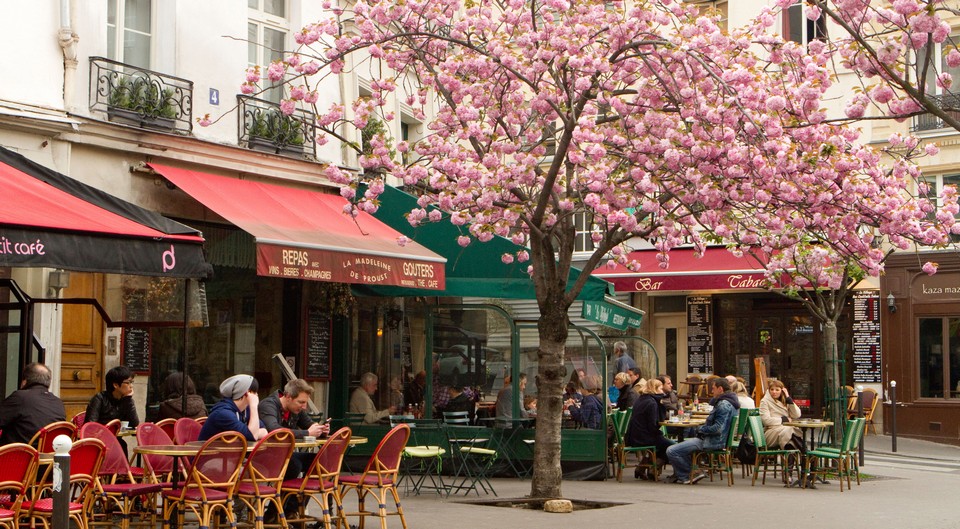
1. Parisians are not rude
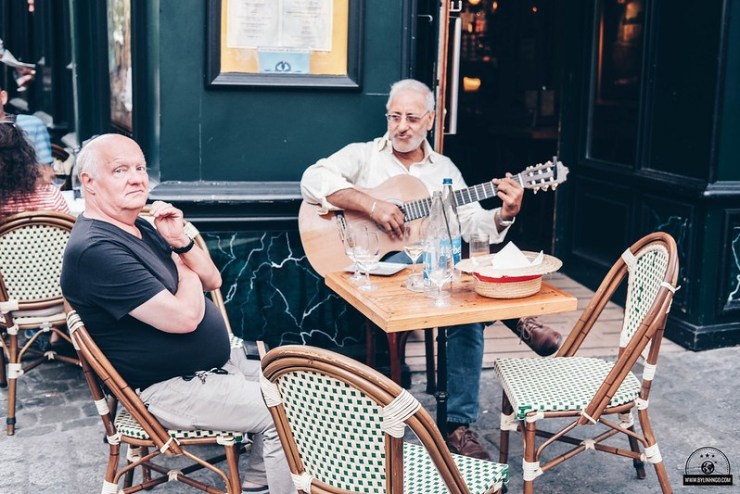
Locals are not the sort to deliberately seek out and approach someone who is lost in order to give assistance. However, if you take the effort to ask, they will gladly and enthusiastically show you around. Parisians are generally considerate of personal space and privacy; unless you explicitly request assistance, they will not annoy or disturb you. When I couldn’t locate the departure gate at Gare du Nord station and screamed “sorry” to a French guy, he gladly showed me the way out despite the fact that he didn’t speak English well.
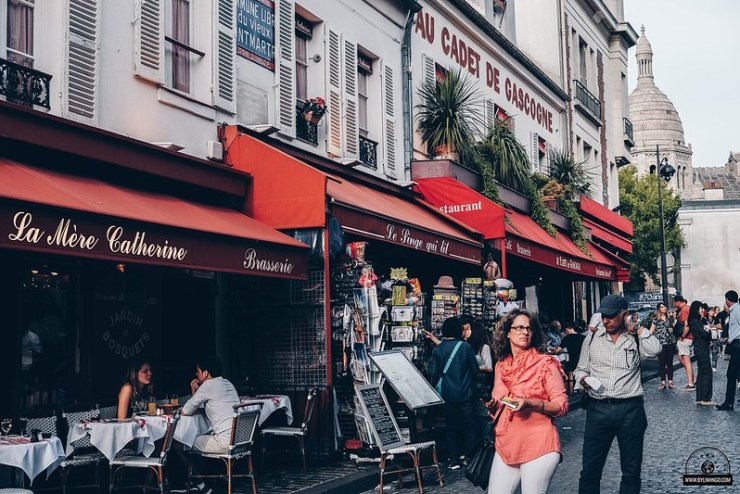
2. Say bonjour, bonsoir, merci, pardon, s’il vous plait
The French have a basic code of conduct, and they are highly courteous and respectful to others. I was shocked several times when I heard bonjour / bonsoir from the bus driver and museum personnel even though I was simply going by. So try uttering a few phrases like these to help you blend into Paris a little better; after all, you want strangers to say “Hello” in your language, right?
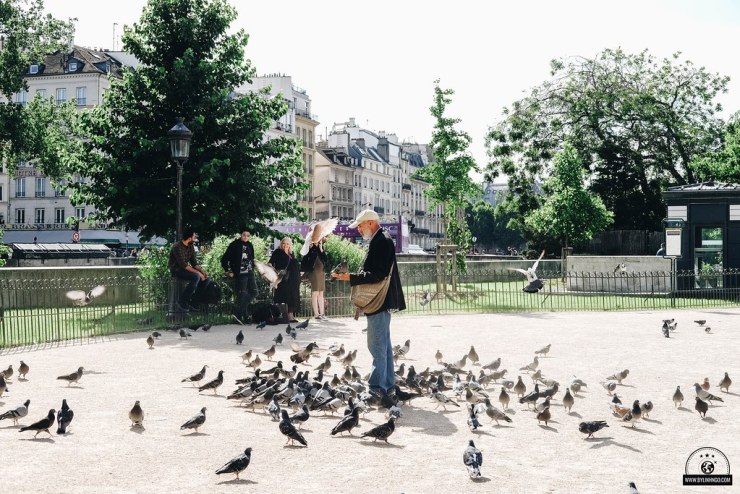
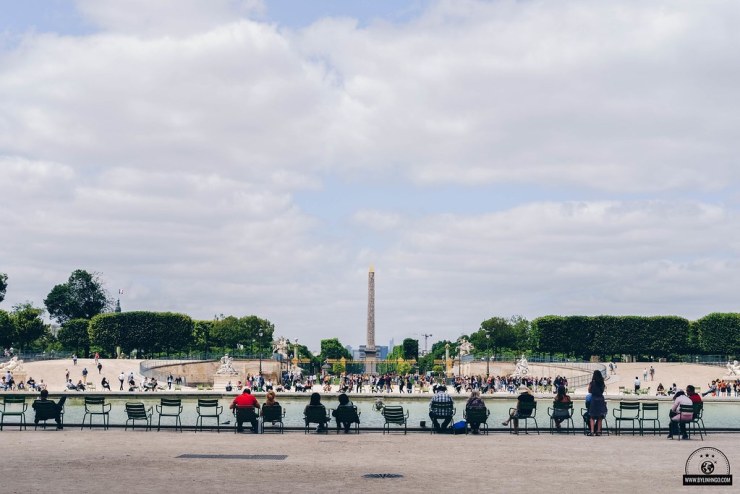
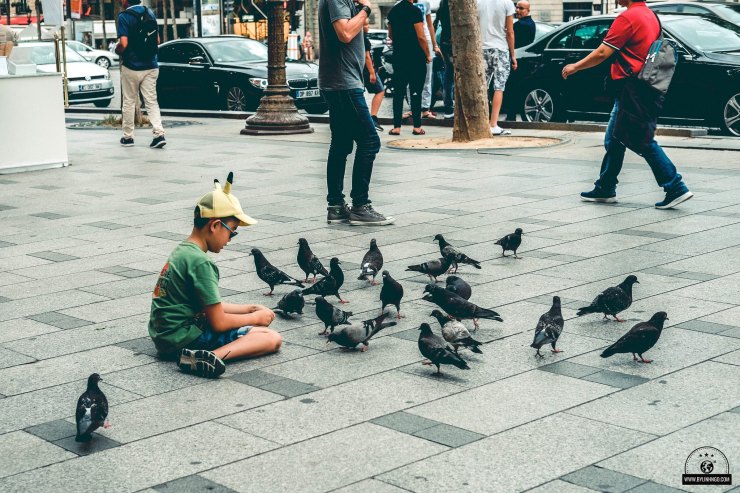
When you need assistance, remember to say “sorry” or “excuse” to draw the person being requested and “s’il vous plait” (please) at the conclusion of the request sentence. It can’t be that difficult, can it?
3. Walking doesn’t have to follow the law
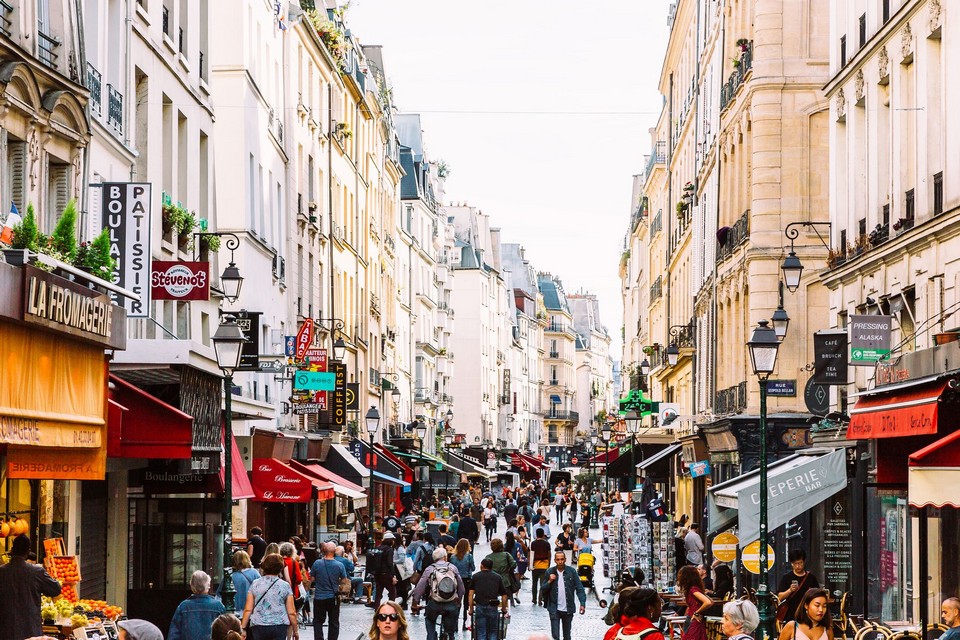
There is an unspoken truth: Parisians cross the street even when there are no pedestrian green signals. They can calculate just enough to cross swiftly without impeding traffic. When there are no automobiles on the road, you can cross freely.
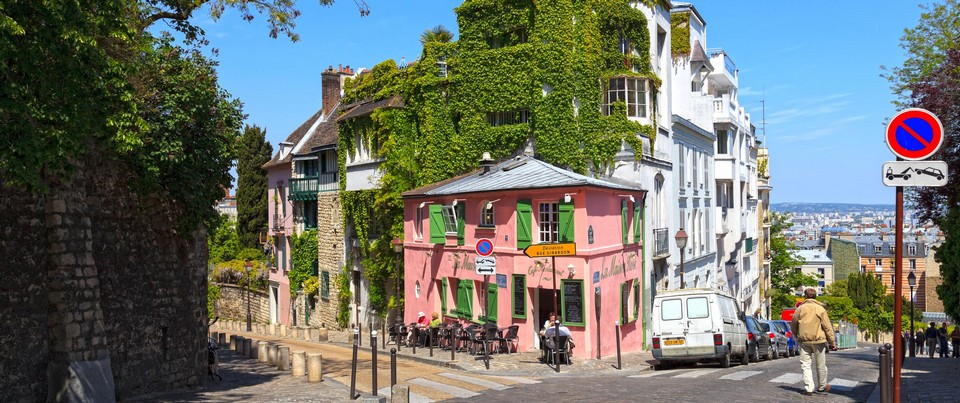
4. Vehicles always yield to Pedestrians
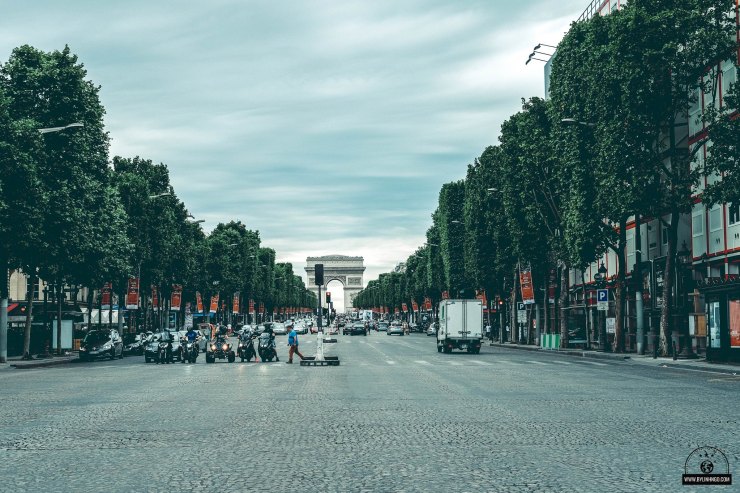
Not just Paris, but also many other European towns. But I was particularly pleased by the fact that the automobile stopped even though the traffic signal was still green for pedestrians to cross; I was in a rush and failed to check at the light at the time, but the car still stopped and let me cross first.

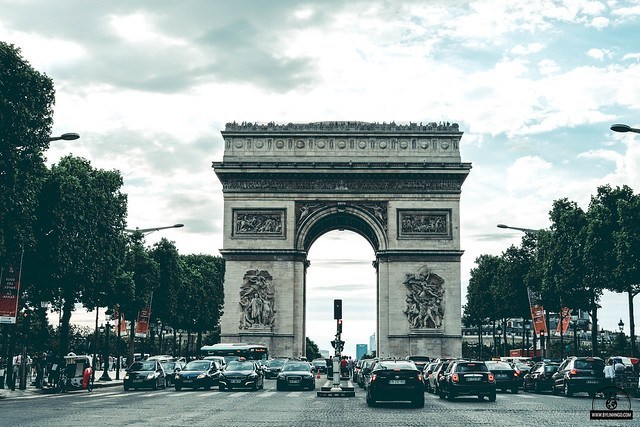
5. The French still speak English
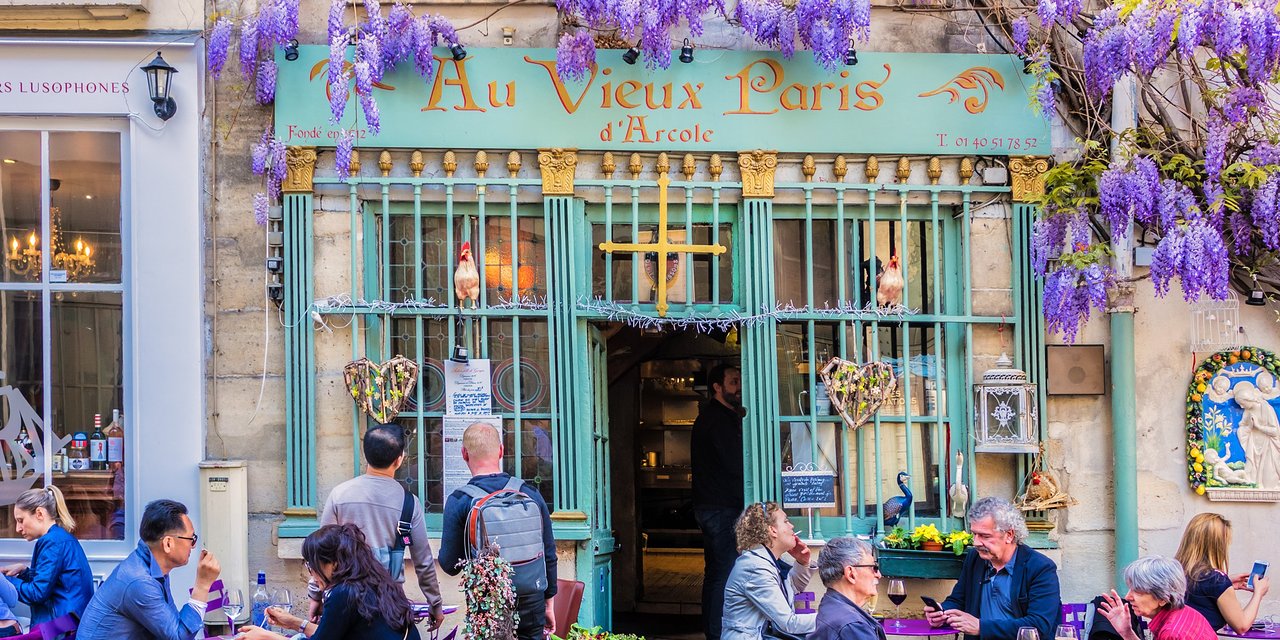
The most common misconception is that the French do not speak English; however, this is mainly true for the elderly or in small towns in France; in Paris, many people speak and comprehend English well. The French despise English, but that doesn’t mean they can’t communicate in it. They are still eager to respond when you inquire in English.
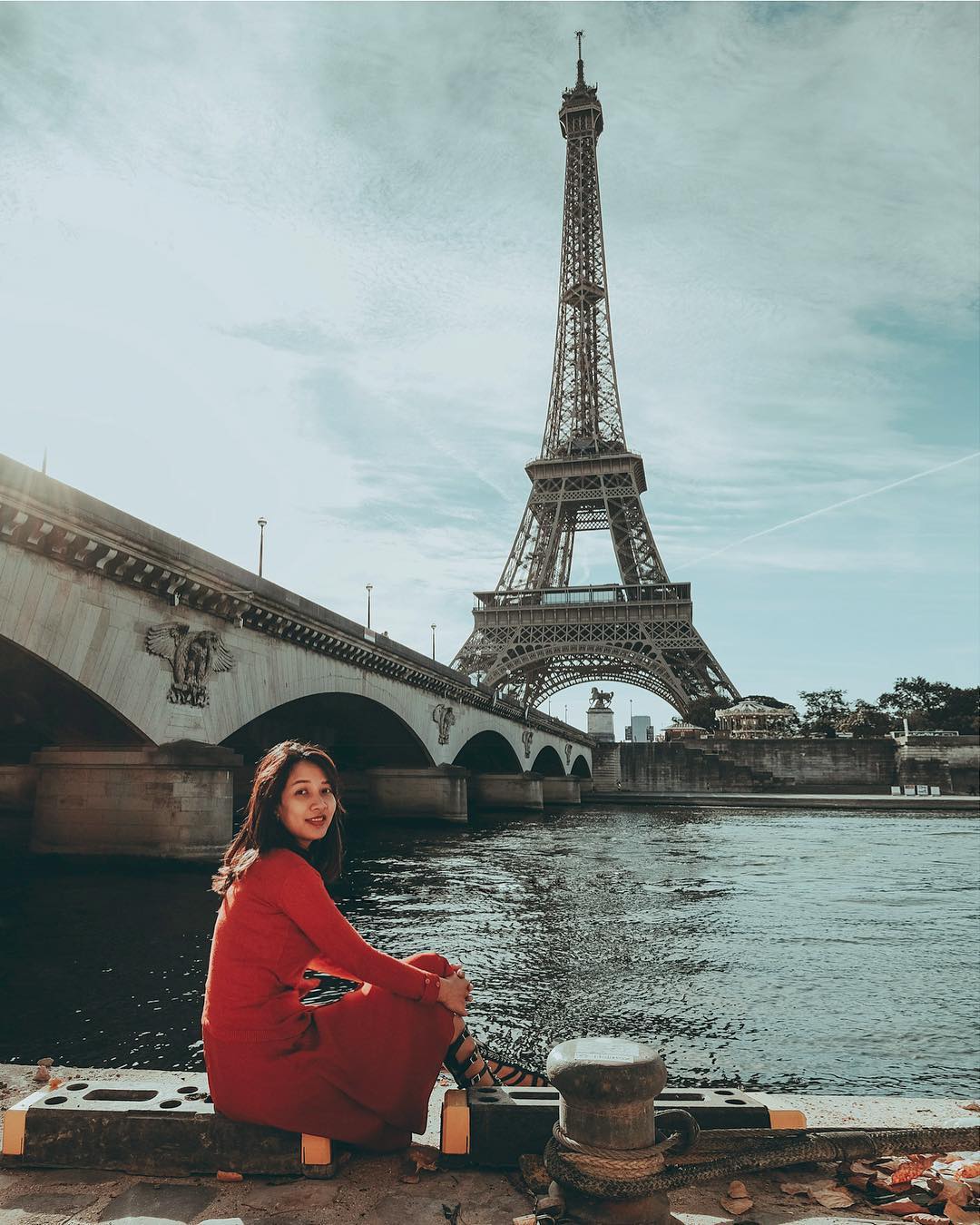
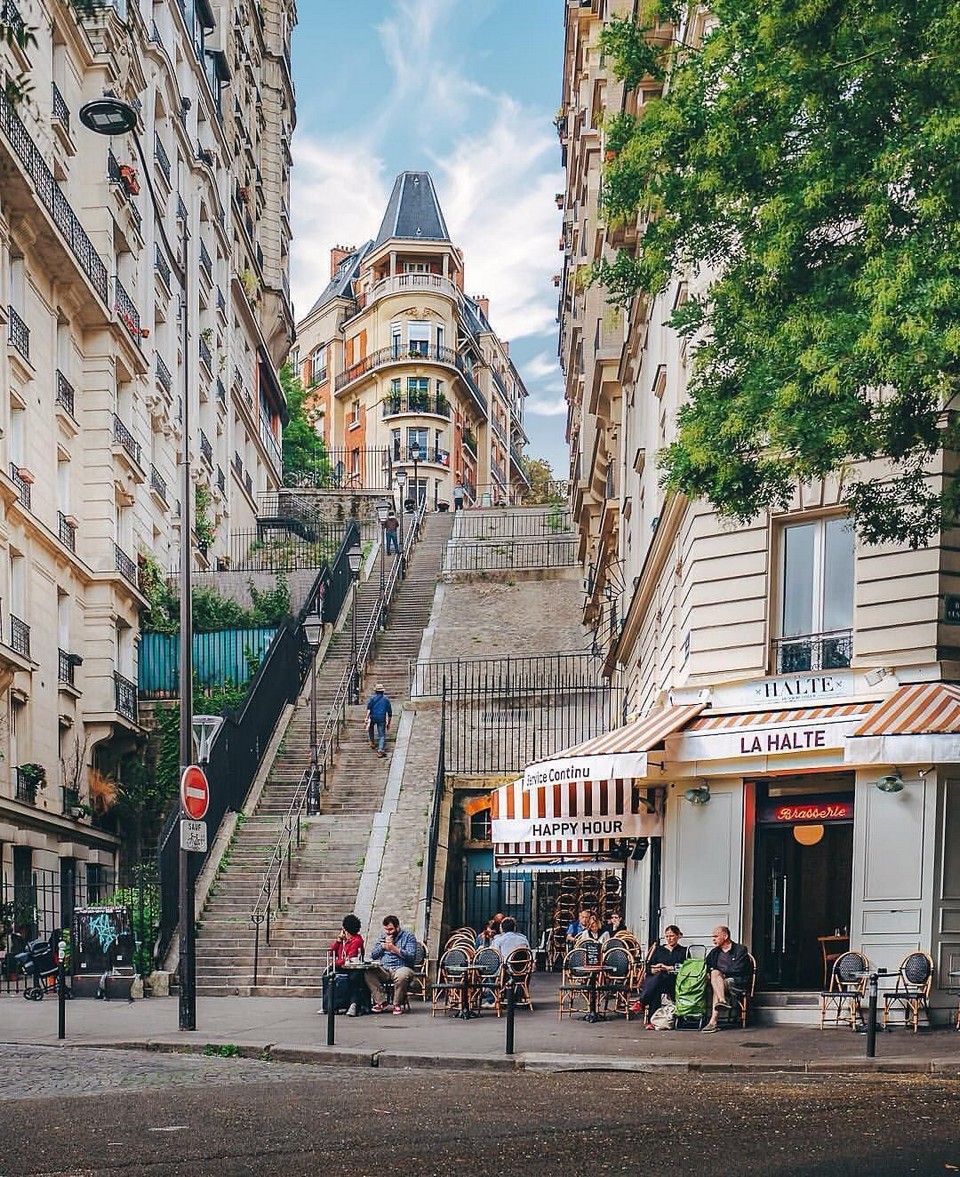
6. Paris has a very familiar city arrangement and layout, just like Saigon
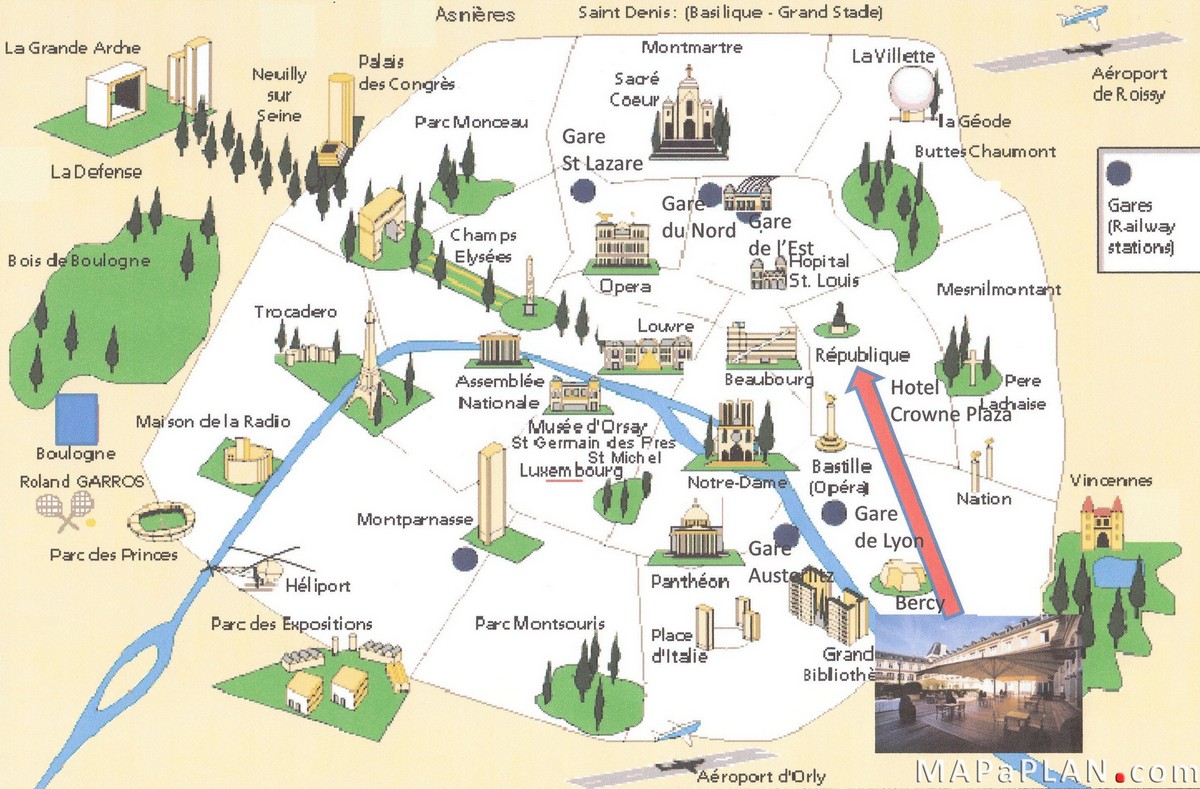
The French prefer to have a core district and surrounding districts rather than arranging and laying out the city in equal satellite sections. In Paris, there are five zones; often, while taking the metro, you just need to purchase tickets in zones 1–3 to cover the most central sections of the city. If you’re familiar with Saigon, you’ll notice the similarities and find it easy to navigate when visiting.
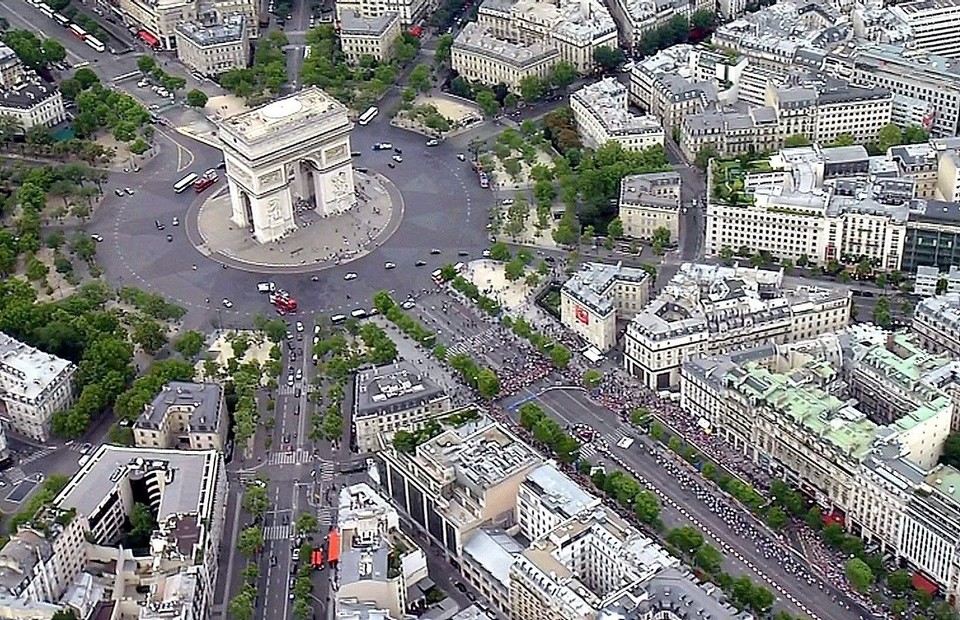
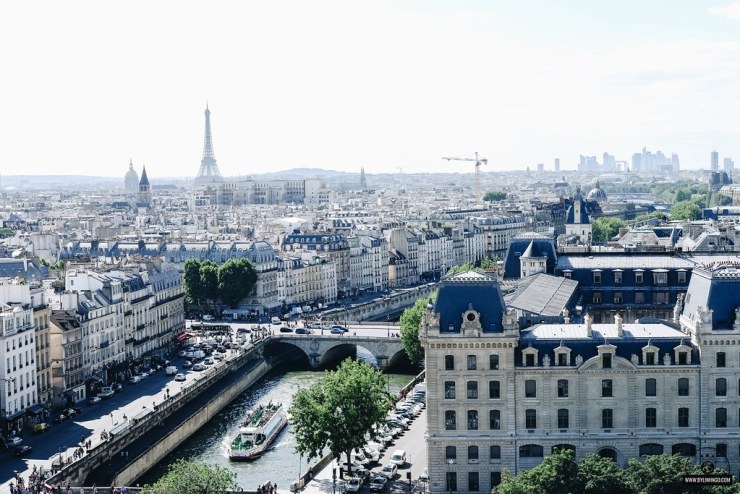
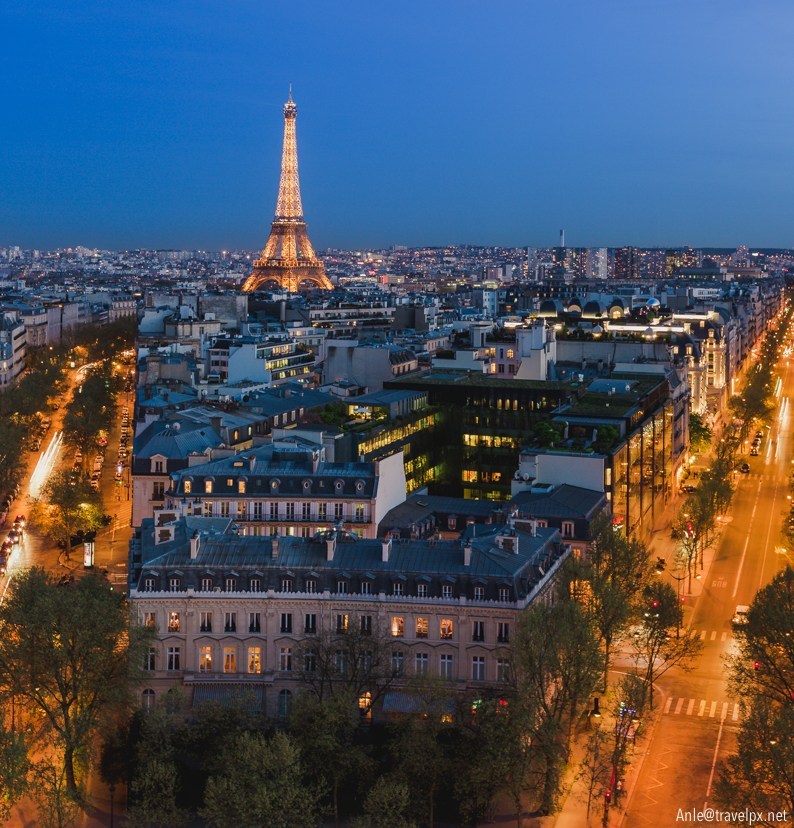
7. Public restrooms are rarely free
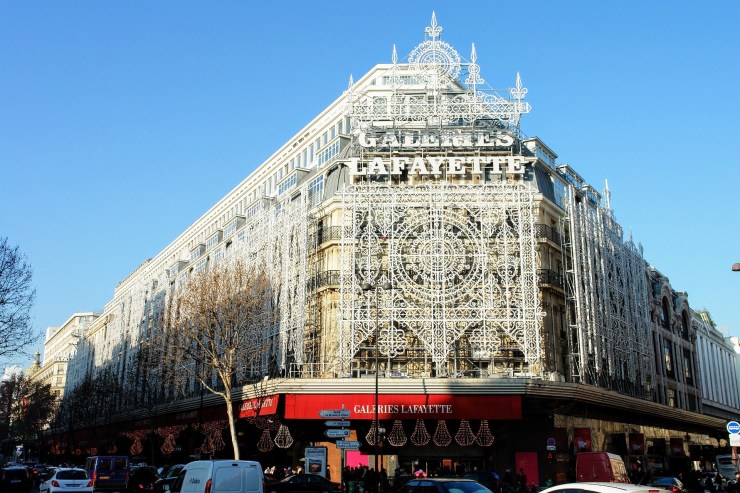
You’re rare to find a free restroom when shopping at the beautiful Carrousel du Louvre or wandering through the most busy retail center, Galeries Lafayette. Typically, a single use costs between 0.50 and 2.00 euros. Currently, there are just a few free public restrooms constructed in famous tourist locations, such as around Notre Dame de Paris or the Eiffel Tower.
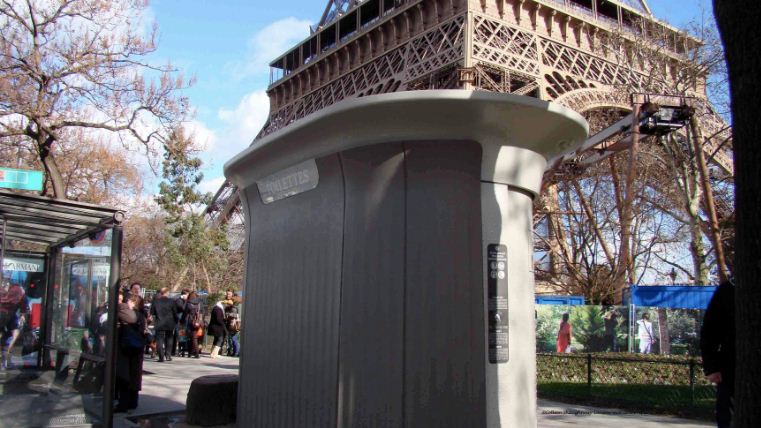
8. Countless traveling options
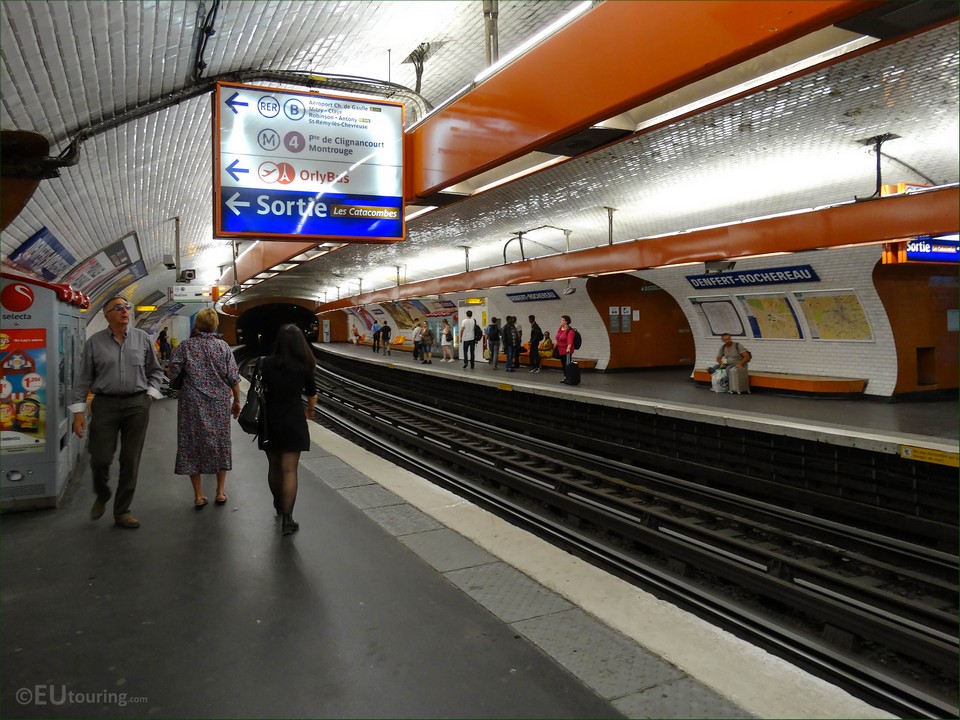
Just forget about expensive taxis, in Paris you can walk comfortably, taking a bus conveniently, rent a bicycle, rent a car very quickly. The city’s metro and tram system is also covered enough to serve your travel needs.
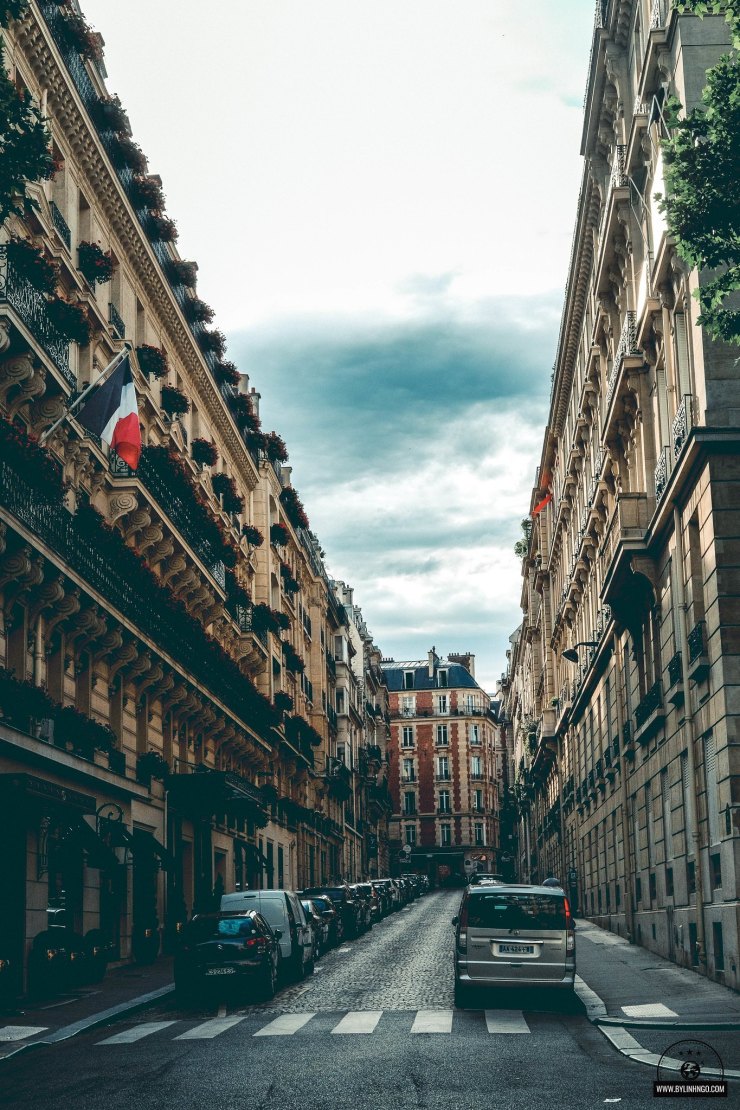
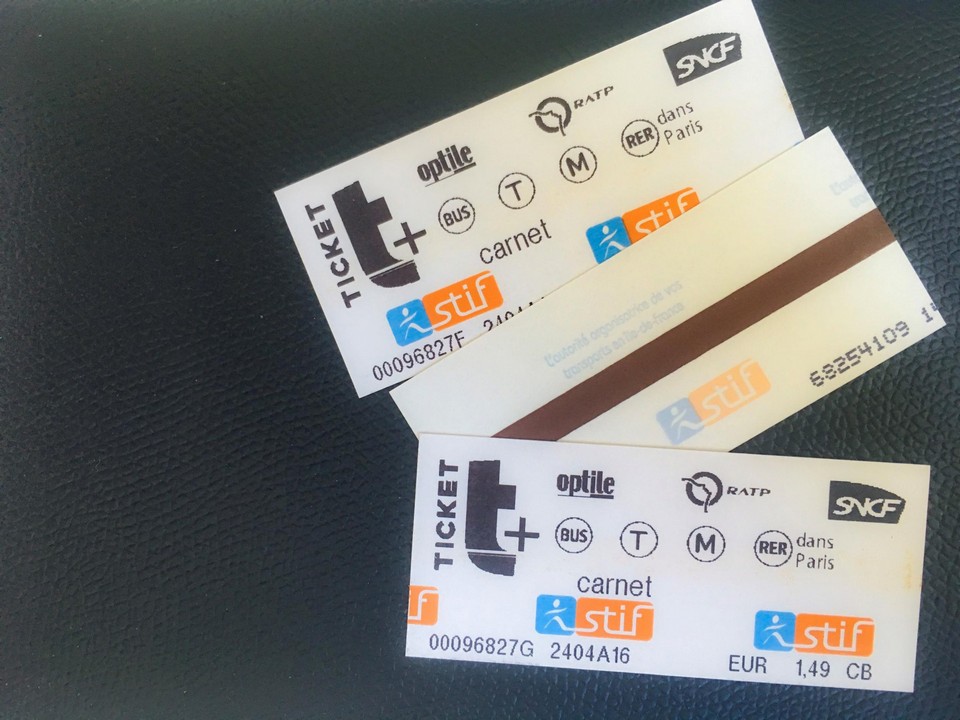
9. The city of art
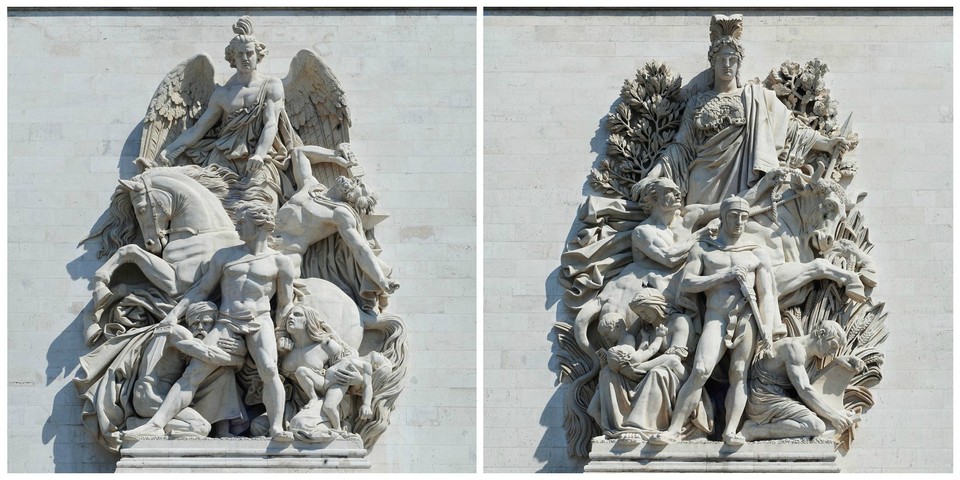
There are about 130 museums and countless other private galleries as well as hundreds of sculpture exhibitions. Paris is truly a city of art. Each museum has a certain free day to visit, make sure you visit the museum website to get that information.
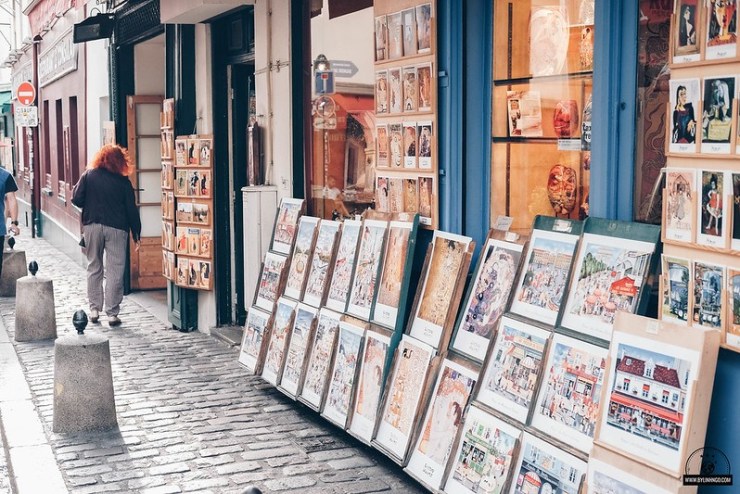

10. What to know before going to Paris — People under 18 years old, students, seniors & artists are always get a discount
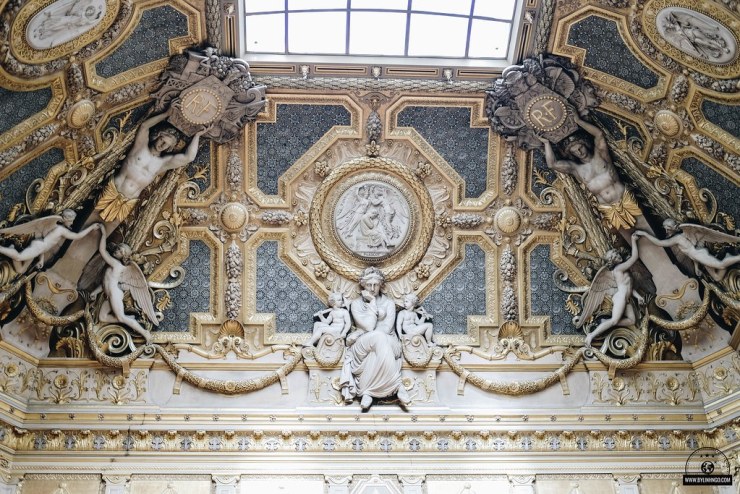
Most museums provide free entry to children under the age of 18, as well as discounts to students under the age of 26 and persons over the age of 60. Many art galleries even provide discounts to artists. It’s always nice to get a discount as long as you have the documentation to verify it. Even TGV train tickets are always reasonably priced for both young and senior passengers.
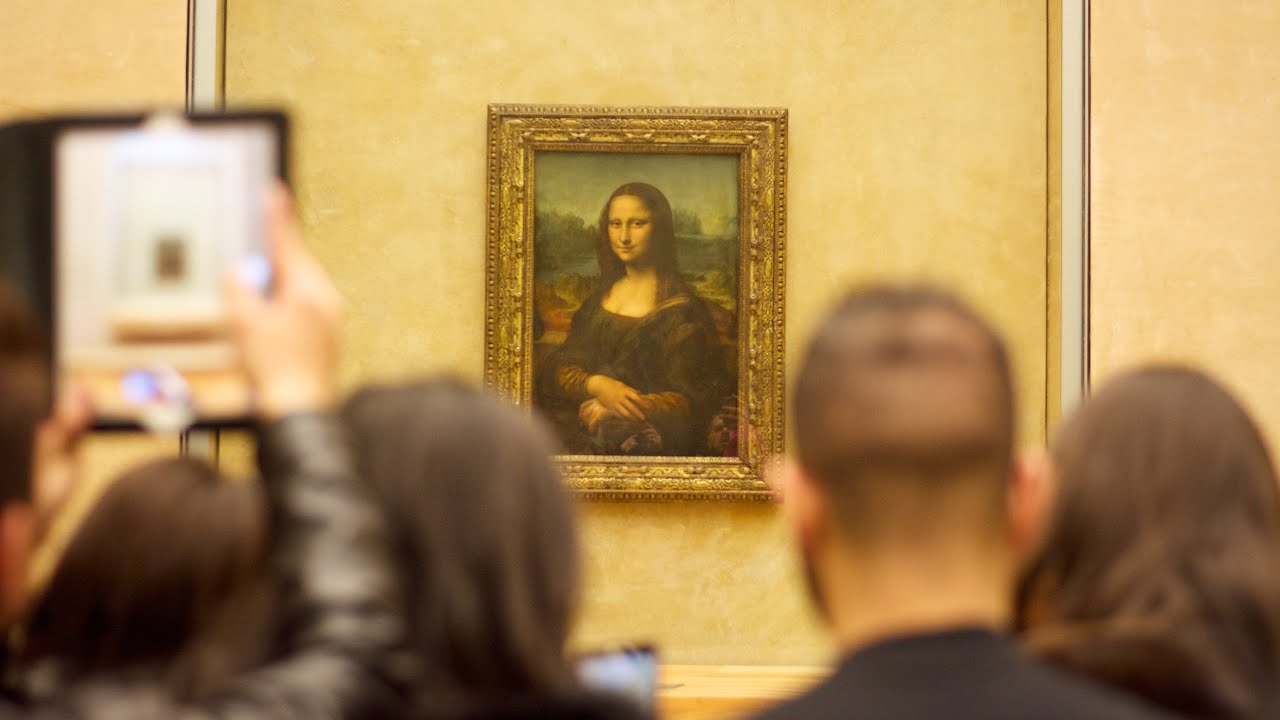
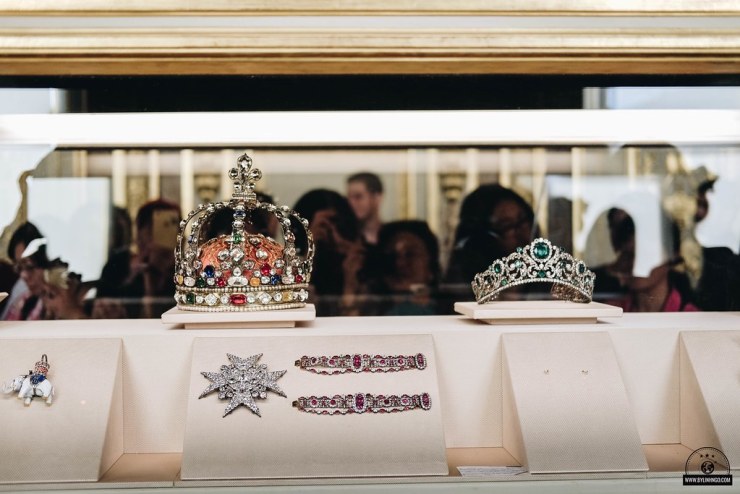
11. What to know before traveling to Paris — Don’t think of cheap dining while in Paris
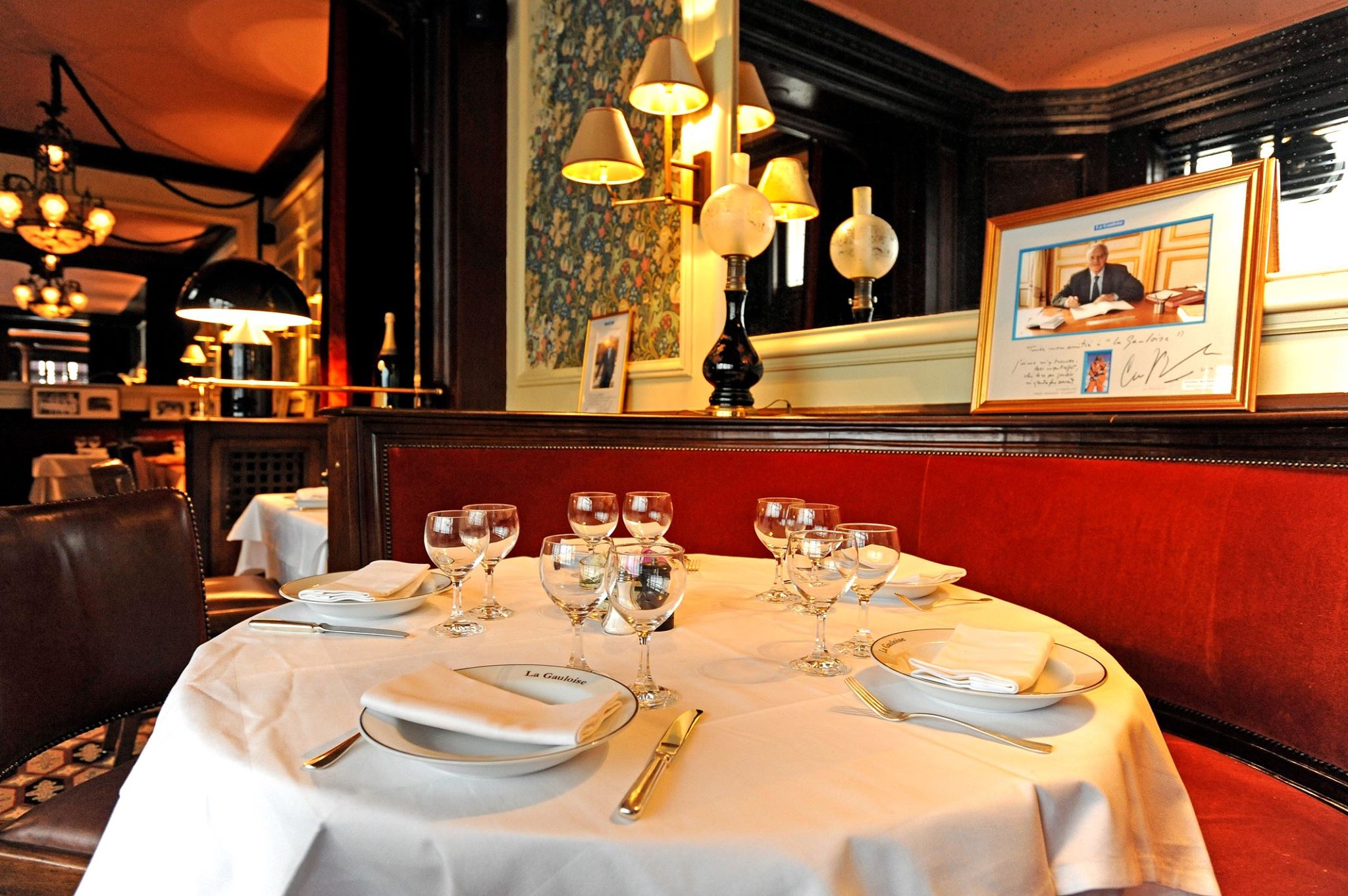
You can definitely go to the grocery to cook for yourself to save money, but if you can’t cook and must eat out, a burger costs at least 5 euros at PAUL, a portion of soup or salad costs 7-10 euros at restaurants, and main courses are always 10 euros or more. A lunch at a one-Michelin-star restaurant will also set you back at least 40 euros. But it would be a shame to visit Paris and not eat well. When dining in Paris, try pan-fried foie gras, foie gras pate, steamed mussels with white wine and served with potatoes, stuffed snails, and delectable desserts. Because if you simply eat store cuisine, you can’t be proud of having visited Paris.
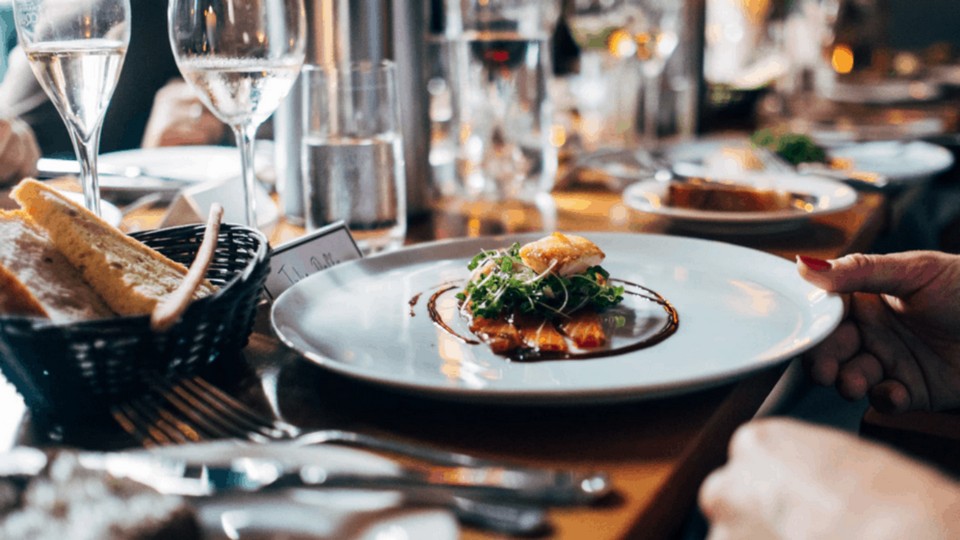
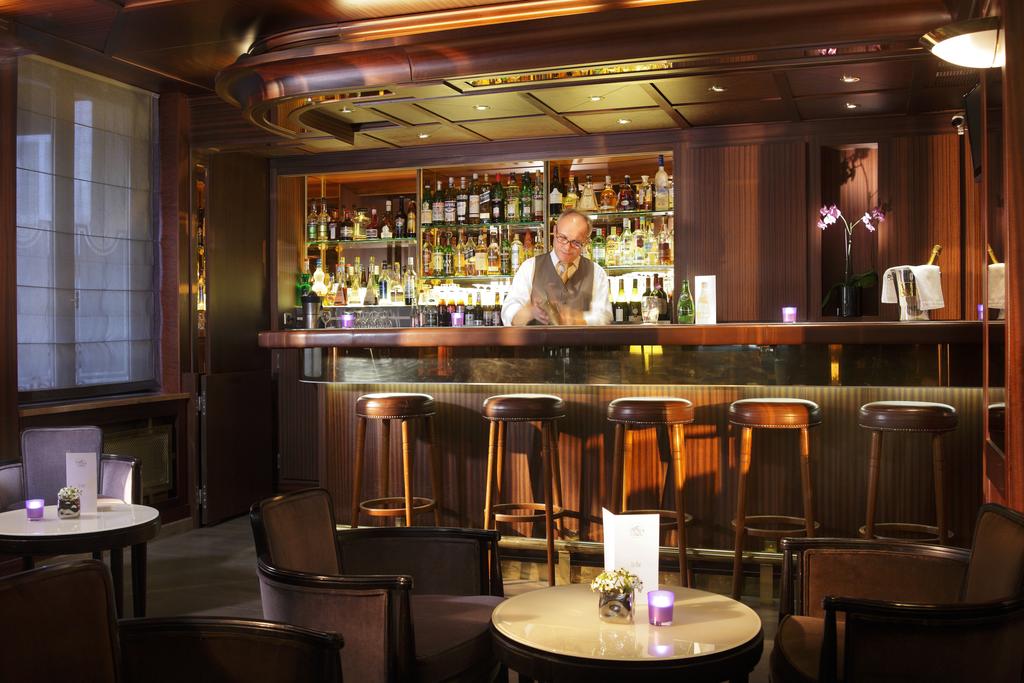
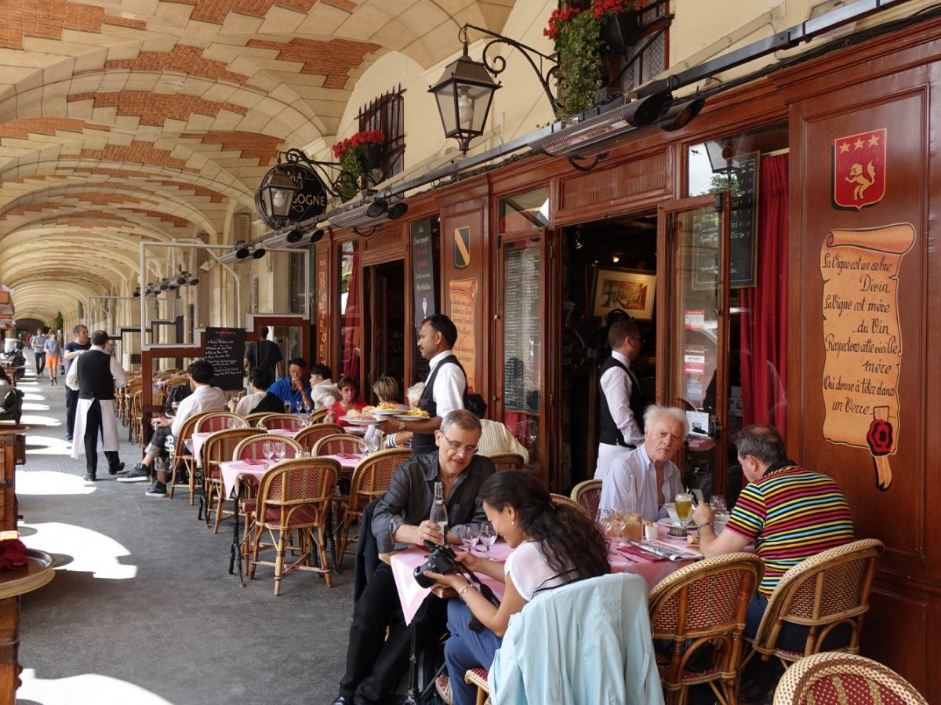
12. Things to know before traveling to Paris — You can find… beef noodle in Paris
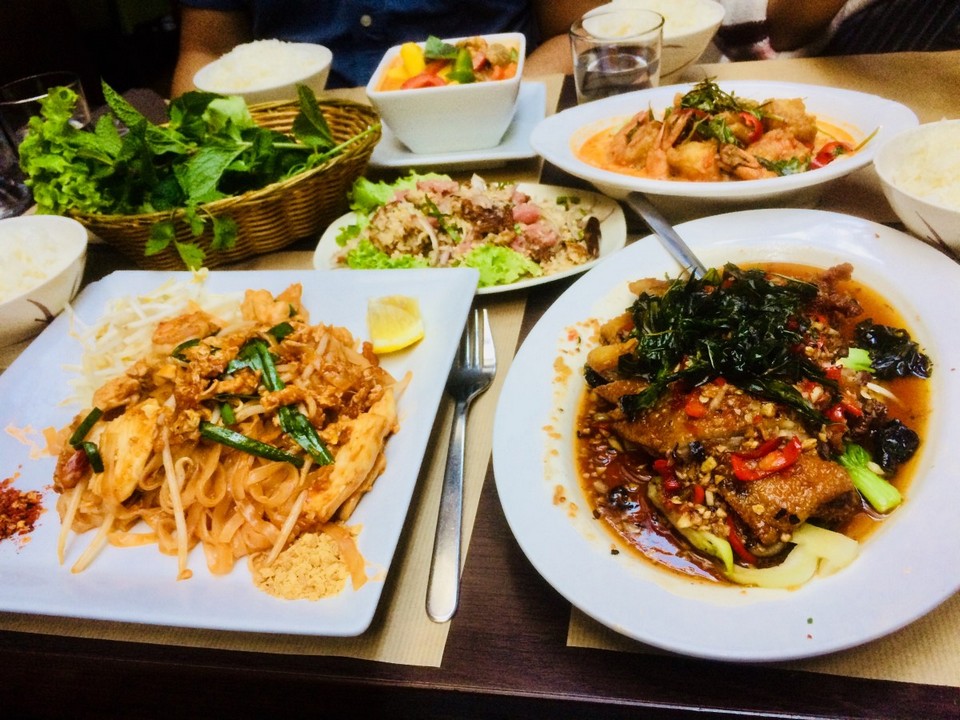
And a plethora of other Asian foods. Paris offers an outstanding cultural mix; whether you like Japanese, Vietnamese, Chinese, Korean, Italian, or any other cuisine, Paris has it all. Area 13 is regarded as the district with the highest concentration of Vietnamese people; going here will provide you with all the flavors of your hometown, as well as a supermarket offering Vietnamese food or products, so you may come here if you are unfamiliar with Western cuisine. Bubble milk tea is quite popular in the center regions. During my 2-week work trip here, I must admit that I had a strong need for bubble milk tea and was fortunate to locate a number of outlets close to the Louvre museum.

13. Theft, pickpocket, scam are quite popular

Theft and pickpocketing are always a significant concern in the Paris-Rome-Barcelona triangle since it is very busy with tourists, making it a haven for pickpockets and fraudsters. Visitors should take care and be prepared or aware. But, having visited Paris four times, I have a few stories to tell.
- Theft or pickpocket is everywhere, it’s important to be careful or not.
- Do not let yourself be the center of attention when holding money to count, leaving your wallet indiscriminately, using a bag with a too wide mouth.
- Should act quickly and refuse to talk to suspicious people.
- Always buy travel insurance to prevent the risk of happening.
